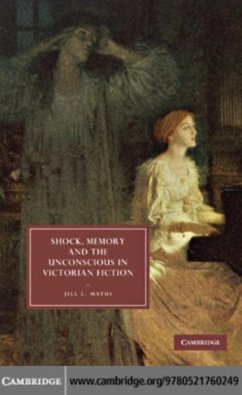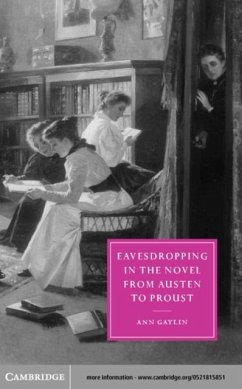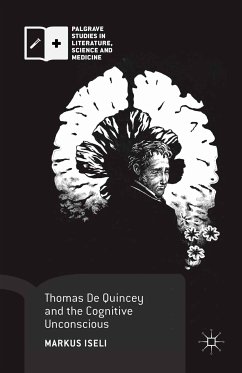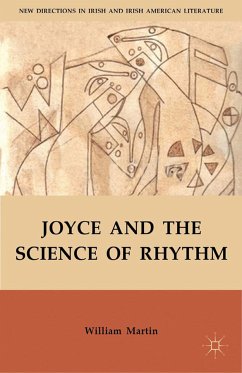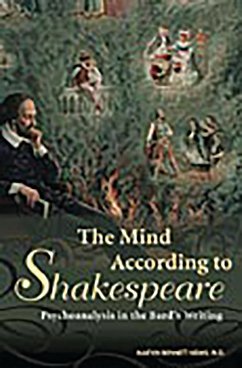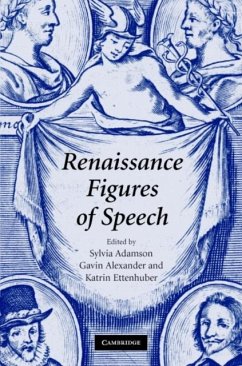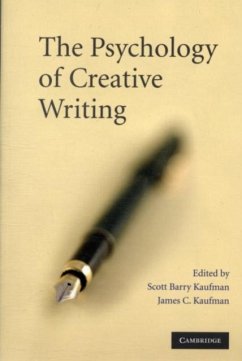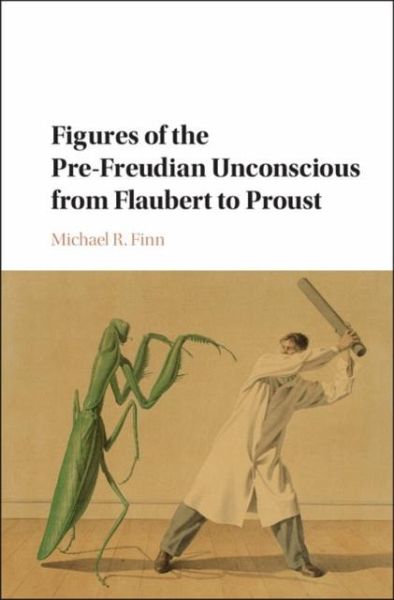
Figures of the Pre-Freudian Unconscious from Flaubert to Proust (eBook, PDF)

PAYBACK Punkte
11 °P sammeln!
An original, wide-ranging contribution to the study of French writing in the nineteenth and early twentieth centuries, this book examines the ways in which the unconscious was understood in literature in the years before Freud. Exploring the influence of medical and psychological discourse over the existence and/or potential nature of the unconscious, Michael R. Finn discusses the resistance of feminists opposing medical diagnoses of the female brain as the seat of the unconscious, the hypnotism craze of the 1880s and the fascination, in fiction, with dual personality and posthypnotic crimes. ...
An original, wide-ranging contribution to the study of French writing in the nineteenth and early twentieth centuries, this book examines the ways in which the unconscious was understood in literature in the years before Freud. Exploring the influence of medical and psychological discourse over the existence and/or potential nature of the unconscious, Michael R. Finn discusses the resistance of feminists opposing medical diagnoses of the female brain as the seat of the unconscious, the hypnotism craze of the 1880s and the fascination, in fiction, with dual personality and posthypnotic crimes. The heart of the study explores how the unconscious inserts itself into the writing practice of Flaubert, Maupassant and Proust. Through the presentation of scientific evidence and quarrels about the psyche, Michael R. Finn is able to show the work of such writers in a completely new light.
Dieser Download kann aus rechtlichen Gründen nur mit Rechnungsadresse in A, B, BG, CY, CZ, D, DK, EW, E, FIN, F, GR, HR, H, IRL, I, LT, L, LR, M, NL, PL, P, R, S, SLO, SK ausgeliefert werden.





